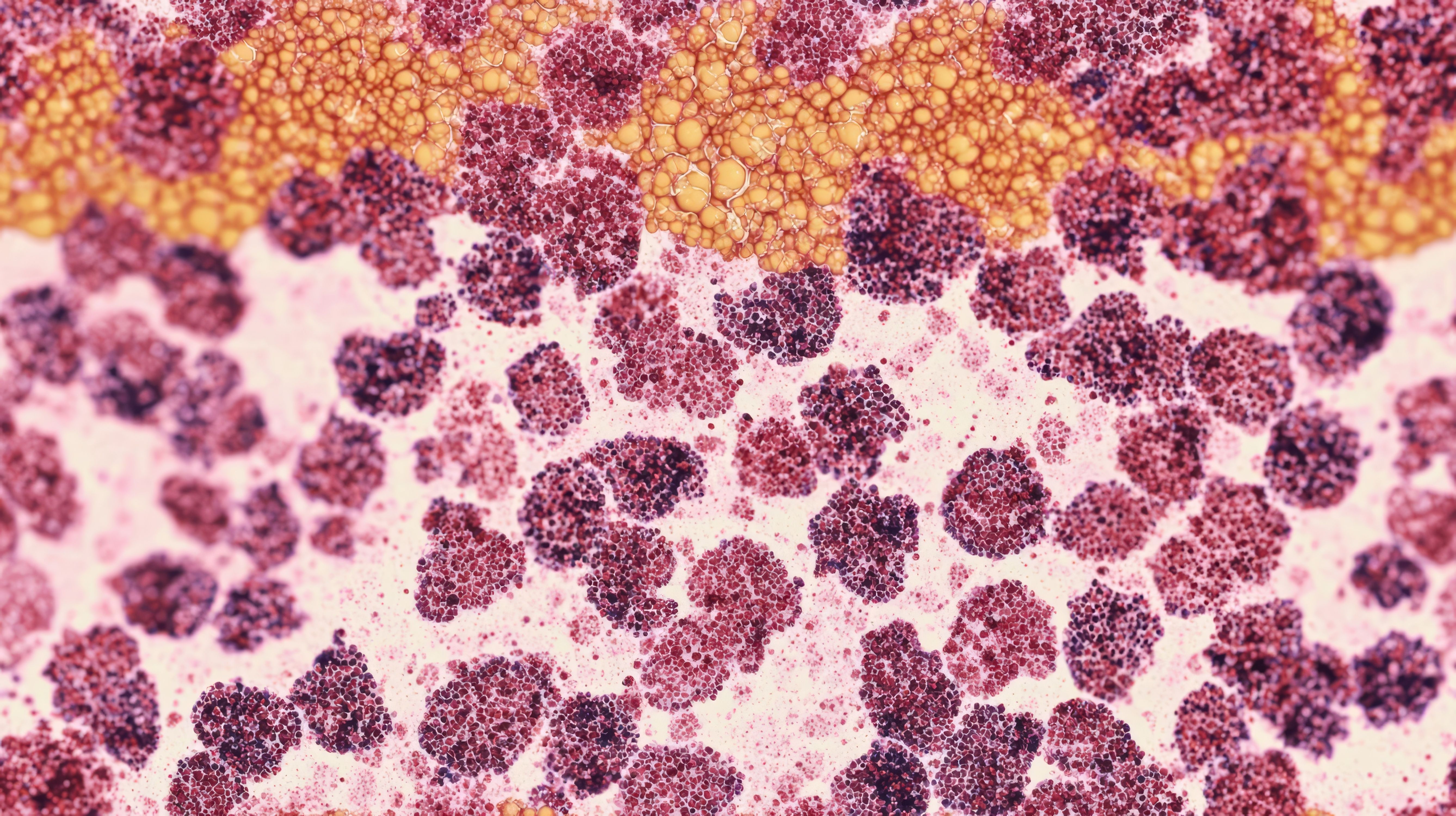Video
The Work of the COVID-19 and Cancer Consortium During the COVID-19 Pandemic
Pharmacy Times® interviewed Petros Grivas, MD, PhD, associate professor at the University of Washington and Fred Hutchinson Cancer Research Center and a medical oncologist at Seattle Cancer Care Alliance, on the work of the COVID-19 and Cancer Consortium.
Pharmacy Times® interviewed Petros Grivas, MD, PhD, associate professor at the University of Washington and Fred Hutchinson Cancer Research Center and a medical oncologist at Seattle Cancer Care Alliance, on his work during the coronavirus disease 2019 (COVID-19) pandemic with the COVID-19 and Cancer Consortium.
The discussion included an overview of the COVID-19 and Cancer Consortium, why it was created, what the primary focus of the research conducted by the consortium has been, and whether the results of the research conducted by the consortium has helped to change or improve treatment strategies or management for patients with cancer.
Grivas explained that there are some inherent limitations to the interpretation of data in retrospective analyses.
“In a retrospective of a group of patients, the data of whom were analyzed, we can do a lot of work to try to adjust for different confounders, but there's always the concern of potential selection biases, confounding biases, and other factors that could be associated with risk factors,” Grivas said.
Grivas explained further that the research the consortium is conducting looks specifically at associations between risk factors and outcomes, but it remains difficult to prove causation or to impact practice in light of the retrospective nature of the study.
“This is not a clinical trial, but still provides some context for the data that we will look at on what the eventual release of a COVID-19 vaccine could mean for patients with cancer and any potential concerns to consider,” Grivas said. “I think one of the main take home points from our work in general is that we should keep science and scientific principles very high up in our methodology as we go through the development of vaccines, as well as new therapies. We have to keep these scientific principles in mind, the same principles we use to develop anti-cancer therapies.”
Grivas noted that the COVID-19 vaccine development should be designed, launched, and conducted in a proper way to meet the bar of safety and efficacy of regulatory agents, such as the FDA.
“I think it's very important to look closely on those studies and the design of the studies and the results,” Grivas said. “I think if a vaccine is deemed safe and effective by regulatory agencies and health agencies, I think we should strongly embrace it, again, as long as the scientific bar is met, we should embrace it, and we should go for it.”
The discussion also included whether there is any collaboration between the COVID-19 and Cancer Consortium and any organizations currently investigating a COVID-19 vaccine.
Newsletter
Stay informed on drug updates, treatment guidelines, and pharmacy practice trends—subscribe to Pharmacy Times for weekly clinical insights.




